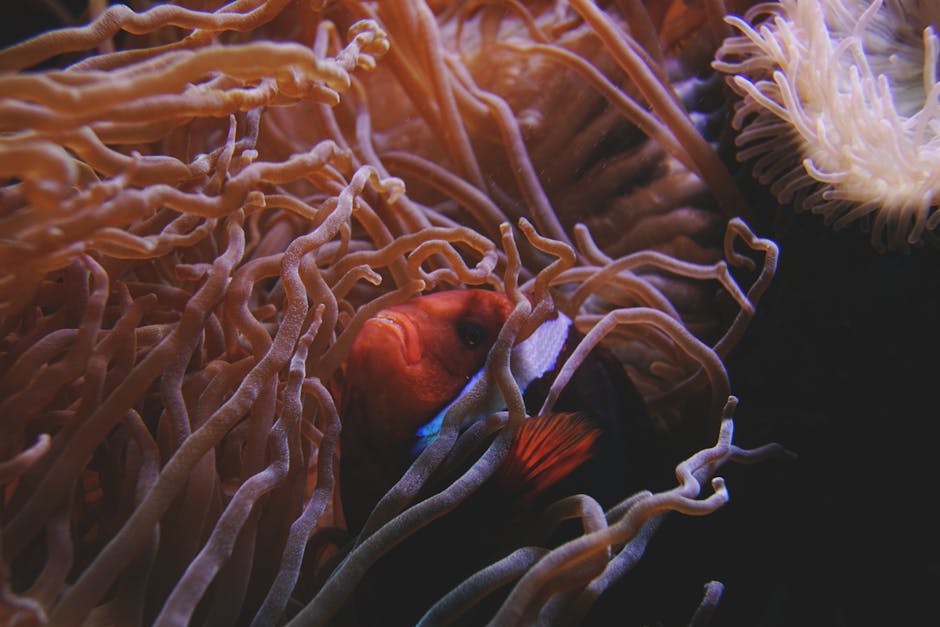A significant contribution of coral reefs stems from their role as a foundational habitat. These reefs provide a complex three-dimensional structure, offering refuge and breeding grounds for a vast array of marine species. The crevices, overhangs, and towering structures offer shelter from predators and provide ideal conditions for larval settlement and juvenile growth. Numerous fish species rely on coral reefs for sustenance and safety, creating a dynamic ecosystem network dependent on the reef’s existence. Many commercially important fish species, like groupers, snappers, and parrotfish, spend at least a portion of their lives within reef systems, highlighting the critical link between coral health and fisheries productivity.
Beyond immediate shelter, the complexity of the reef structure fosters immense biodiversity. The diversity of habitats within a reef system, from shallow lagoons to deep slopes, supports a remarkable array of organisms, including invertebrates, algae, and countless fish species. This high level of biodiversity is a hallmark of healthy coral reefs and demonstrates the crucial role they play in maintaining a stable marine environment. The intricate symbiotic relationships between corals, algae (zooxanthellae), and numerous other organisms further enrich the ecosystem’s complexity. This delicate interplay of species is often finely balanced, showcasing the profound importance of maintaining equilibrium within the system.
Nutrient cycling plays an important part in a coral reef’s role. Corals themselves, along with other organisms within the reef community, contribute to the flow of essential nutrients. Waste products and decomposition of organic matter fuel a cycle, releasing nutrients that support the growth and reproduction of the entire system. This process significantly influences the productivity of the adjacent waters. The reef’s inherent efficiency in nutrient cycling further enhances the health and vitality of the surrounding ocean. Reefs act as biofilters, removing excess nutrients from the water column, preventing eutrophication and its damaging effects on broader marine ecosystems.
Another crucial role of coral reefs in marine ecosystems is coastal protection. The dense coral structures, along with the vast communities of organisms they support, act as a natural barrier against wave action and storms. This protective function diminishes the impact of erosion and flooding on coastal communities and supports the survival of surrounding land ecosystems. The reef serves as a natural buffer, protecting valuable coastal areas from significant damage.
The economic significance of coral reefs warrants attention. These ecosystems are a crucial source of revenue for many coastal communities, providing livelihoods through fishing, tourism, and recreational activities. The vibrant coral structures and diverse marine life attract tourists, driving economic growth through related industries. Reef-dependent fisheries are vital to food security for millions, and their sustainability is directly linked to the health of coral reefs. Thus, safeguarding these ecosystems is not simply a matter of conservation; it is a matter of economic stability for numerous communities.
However, modern environmental pressures are posing significant threats to coral reefs worldwide. Climate change, pollution, and destructive fishing practices are all contributing factors to reef degradation. Ocean acidification, a consequence of increasing atmospheric carbon dioxide, is impacting coral calcification, hindering the growth and survival of coral colonies. Overfishing, particularly of species that play important roles in maintaining reef balance, can disrupt the delicate ecosystem. Pollution from land-based sources, like agricultural runoff and industrial discharge, can introduce toxins and sediment, smothering coral and affecting the broader reef environment.
Recognising the multifaceted and vital roles coral reefs play in marine ecosystems is fundamental to their conservation. Addressing the threats they face through proactive management strategies is essential. This involves sustainable fishing practices, pollution control measures, and efforts to mitigate climate change. Protecting these environments is not only crucial for the diverse array of organisms dependent on them, but also for the numerous human communities that rely on their services.
In summary, coral reefs aren’t simply beautiful structures; they are intricate and dynamic ecosystems essential to the health of the wider marine environment. Their role as habitats, nutrient cyclers, coastal protectors, and economic drivers makes their conservation a high priority. Understanding the complexities of these ecosystems and the threats they face is paramount to ensuring their long-term survival and the continuation of their multifaceted contribution to the ocean’s vibrant tapestry of life. A concerted effort to protect these fragile ecosystems will be critical to securing the future of both marine life and human societies that depend on them.
